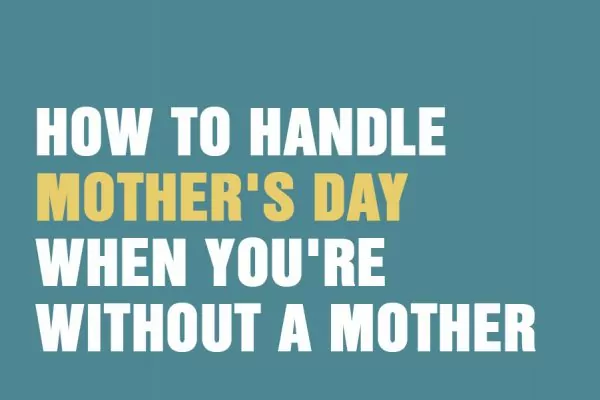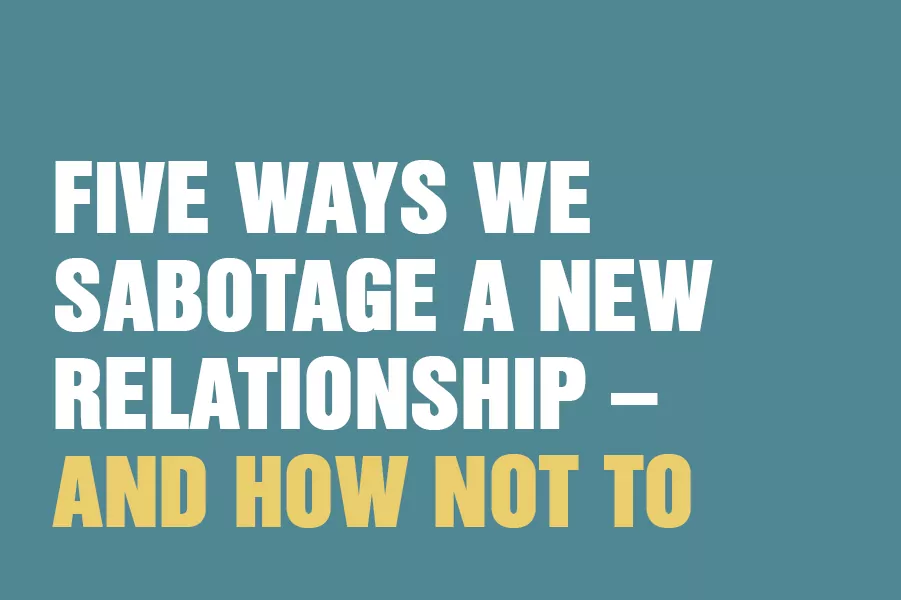We have three boys and the youngest is about to go off to college, and I am worried about how my partner and I are going to be once we are home alone. All my focus has been on the boys, and particularly on the youngest, and it’s all been so frantic and moved so fast. So I am preparing myself for when he goes up to Leeds next week. I know I will feel a sort of terrible grief that he’s — they’ve all — gone. But my partner talks about having ‘the house back’ and I think he’s secretly pleased. It’s made me suddenly realise that we only ever talk about the children and I am a bit scared we’ll find we have nothing between us now and it will all fall apart. W.K., Earlsfield
Michaela says
You mention how fast it’s all gone, so it probably doesn’t feel that long since you and your partner were desperate for a bit of child-free, alone time. But now you’re about to have that all the time it feels a bit daunting.
For the past couple of decades the two of you have been on a mission to get your kids through all the developmental and educational hurdles whilst providing family warmth, a good home, nice holidays, etc. All the while, and almost unnoticed, you stopped prioritising yourselves as a couple. So it’s understandable that you worry that you might have, in a way, already checked out of your relationship. But reading between the lines, it feels as if the fact that you are questioning what there is between you now, shows that you are not ready to write your relationship off.
You sound really sad that the children have grown and flown, but you sense your partner is ready to enjoy the freedom that that allows. Which makes it sound polarised, as if you are on two opposing sides of a chasm. However, even though it might be that you do still only talk about the children, at least you have that and are doing something together. And you can use those child-centric conversations to be honest about what their leaving means to you. Share how you feel about it, what your fears are; encourage him to do the same and show him that you would like to understand how he feels about it. That’s the way forward to becoming allies in this new situation.
This can feel very difficult after what feels like years of silence and not talking about the stuff that bothers you such as any pain or anger you feel, or a sense of dwindling desire on either side. To talk about tricky issues such as these can feel as if you are risking further pain or even inviting rejection.
However, if you carry on without saying anything about how you feel, your partner won’t be able to understand what’s going on, or think about it with you. It will block you both from working out how to react to the new situation you are in, and you won’t be able to give each other the care and togetherness you are missing.
Have a list of the two or three things that are most important to you and you most want to talk about. If your list includes something that you think he might receive as criticism, think about your own contribution on this point to show that you acknowledge some responsibility on your side too. This way he’ll be more likely to listen and take part in making things feel better, safer, more loving and hopeful for both of you.








